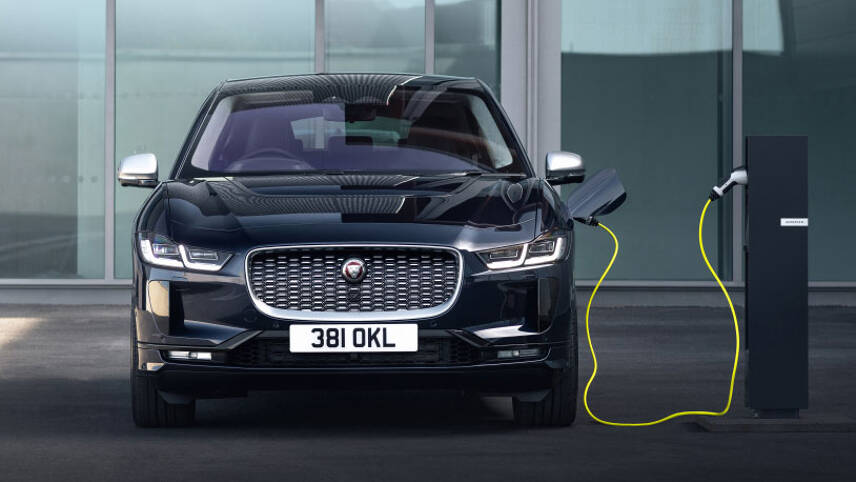Register for free and continue reading
Join our growing army of changemakers and get unlimited access to our premium content

The lab, which cost £250m to develop, forms part of JLR’s five-year, £15bn investment plan in electrification.
It will enable a “significant increase” in the automaker’s capacity to test and develop technologies for EVs, including drive units for the firm’s forthcoming pure electric Range Rover, Discovery and Jaguar models.
To this latter point, a new electric Jaguar coming in 2025 was announced earlier this year by JLR. The firm is aiming to launch an additional eight luxury EV models before the end of the decade. The first launch will be the battery-electric Range Rover, due to launch in 2024.
The new Future Energy Lab will minimize the cost and emissions associated with shipping prototype cars around the world for testing, JLR has stated. It will also create hundreds of jobs in Britain; some 200 EV engineers are already working at the lab with JLR planning to create a further 150 roles.
“Our operations at Whitley are at the heart of JLR – itself a leading business in the local community – so this test facility is another jewel in the crown of our move towards an all-electric future,” said JLR’s chief engineer for Powertrain test operations, Oliver Boakes.
“This is a notable investment for the business and local economy.”
The news from JLR comes after its parent company, Tata Group, confirmed plans to invest £4bn in a UK-based EV battery production factory this summer. Tata Group hopes that the first batteries produced at the Gigafactory will be sold in 2026.
Aston Martin
In related news, the UK Government has, in the past week, announced £9m of investment into luxury automaker Aston Martin.
The funding package from the Department for Business and Trade is being made through the Advanced Propulsion Centre. It is intended to support the development of methods to lightweight vehicles to enable vehicle electrification. It will also be used to support the upskilling and reskilling of staff to handle EVs.
Up to 90% of all Aston Martins manufactured in Britain in any given year are exported, the Department has stated.
The Energy and Climate Intelligence Unit warned this summer that the UK risks squandering a multi-billion-pound export opportunity if it does not do more to expand its EV manufacturing capacity. This is because the largest importers of British cars are poised to scale up domestic production.
A similar warning was then issued by the Society of Motor Manufacturers and Traders (SMMT).
Since then, the Government has provided EV funding not only to Tata Group and Aston Martin, but also in BMW’s Oxford plant and Nissan and Envision’s Sunderland Facility.
The SMMT and other bodies have asked Ministers to go beyond these one-off, bespoke funding offers by coming forward with a UK rival to the industry incentives offered by the US and EU. Chancellor Jeremy Hunt is expected to make announcements in this field at the Autumn Statement in November.


Is there much information on the expected demand for rather exotic materials (ie the rare earths), that will be needed for the batteries, and a lot of it?